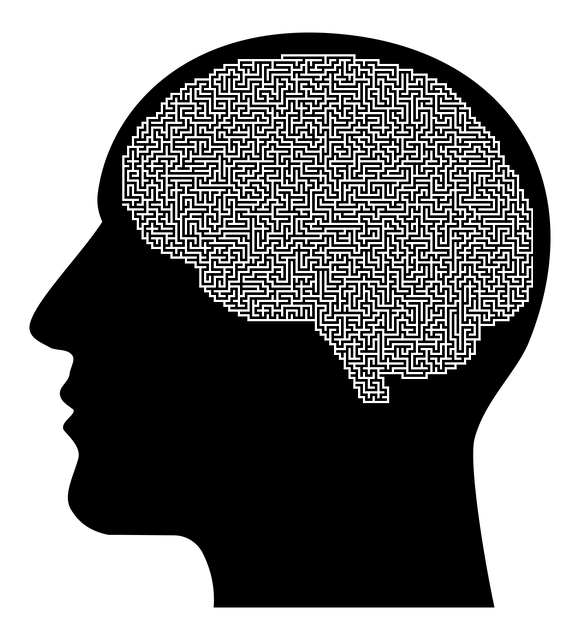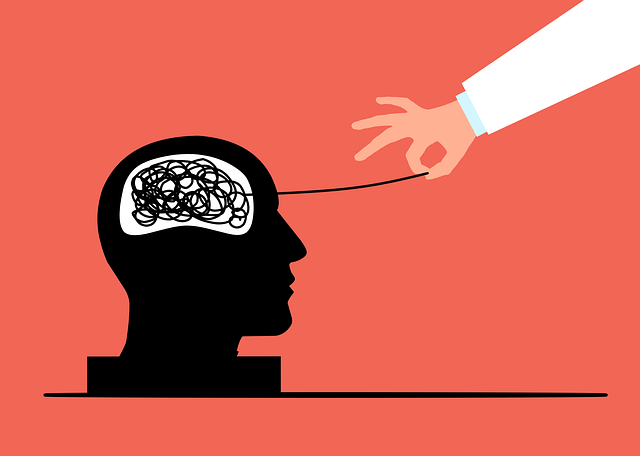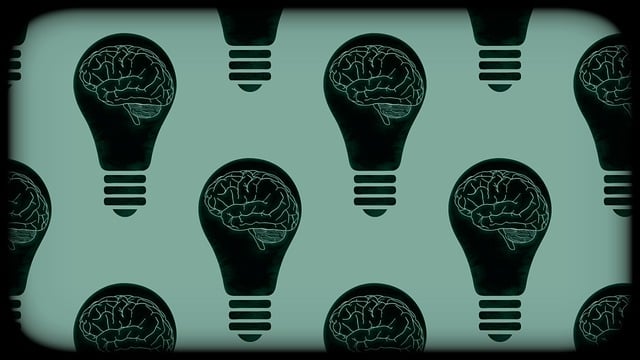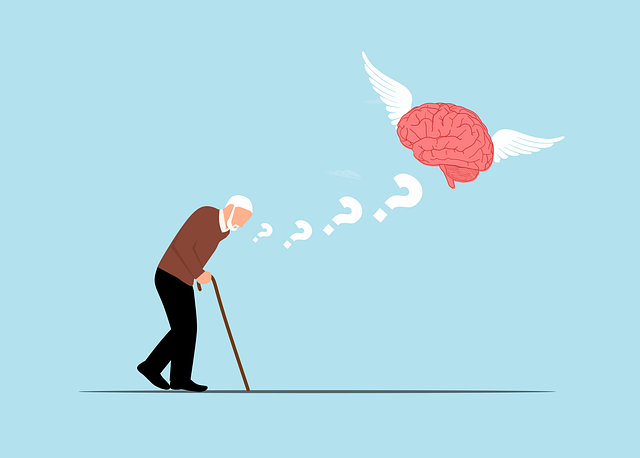Lakewood Mens Issues Therapy prioritizes cultural sensitivity in mental healthcare, addressing unique challenges faced by men due to societal barriers. Through tailored workshops, training, and personalized approaches, therapists adapt their practices to clients' cultural values, fostering trust and open dialogue. This inclusive strategy incorporates traditional healing methods, stress management tailored to male experiences, and community outreach programs, significantly reducing mental illness stigma. By respecting diversity and offering culturally competent care, Lakewood Mens Issues Therapy ensures effective support for all men seeking therapy.
Cultural sensitivity is an indispensable aspect of modern mental healthcare, particularly in diverse societies like ours. This article explores the significance of cultural sensitivity in addressing men’s issues through the lens of Lakewood Men’s Issues Therapy. We delve into challenges and misconceptions that hinder progress, offer practical strategies for incorporating cultural competence, and present compelling case studies showcasing successful implementations. By understanding and navigating cultural differences, therapists can provide more effective and tailored care.
- Understanding Cultural Sensitivity: Why It Matters in Mental Healthcare
- Challenges and Misconceptions: Overcoming Barriers in Lakewood Men's Issues Therapy
- Incorporating Cultural Competence: Strategies for Practice in a Diverse Society
- Case Studies: Successful Implementation of Cultural Sensitivity in Therapeutic Settings
Understanding Cultural Sensitivity: Why It Matters in Mental Healthcare

In the diverse landscape of mental healthcare, cultural sensitivity is a cornerstone of effective treatment. Understanding and appreciating the unique cultural backgrounds of clients, especially those seeking Lakewood Mens Issues Therapy, is essential for building trust and fostering meaningful connections. Cultural sensitivity goes beyond mere awareness; it involves adapting therapeutic practices to align with an individual’s cultural values, beliefs, and traditions. This personalized approach ensures that mental health services are not only accessible but also deeply impactful.
By incorporating elements of inner strength development and social skills training, therapists can create a safe space where clients feel empowered to explore their mental health journeys. Additionally, integrating stress management techniques tailored to different cultural contexts can significantly enhance the overall therapeutic experience. In essence, cultural sensitivity is not just a professional responsibility but a pathway to more inclusive and transformative mental healthcare solutions, particularly for men navigating complex personal issues in Lakewood.
Challenges and Misconceptions: Overcoming Barriers in Lakewood Men's Issues Therapy

Lakewood Men’s Issues Therapy faces unique challenges when navigating cultural sensitivity due to prevalent misconceptions and barriers. Many men struggle with traditional therapy models, often associating them with weakness or a lack of masculinity. Overcoming this perception requires tailored approaches that speak directly to male experiences and interests. Incorporating activities like sports analogies, group discussions on masculine identity, and peer support networks can create a more inviting environment.
The Stress Management Workshops Organization offers valuable resources for therapists aiming to address these issues. By participating in their workshops, mental health professionals can enhance their skills in risk assessment, learn techniques for promoting inner strength development, and better understand the nuanced cultural factors at play in men’s mental healthcare. Breaking down barriers starts with education and a commitment to culturally sensitive practices that meet men where they are, fostering trust and encouraging open dialogue.
Incorporating Cultural Competence: Strategies for Practice in a Diverse Society

In a diverse society like Lakewood, where various cultural backgrounds coexist, integrating cultural competence into mental healthcare practice is paramount. This involves understanding and respecting the unique beliefs, values, and customs of every client, ensuring effective communication and trust. For instance, therapists can incorporate cultural elements into therapy sessions, such as incorporating traditional healing practices or tailoring interventions to align with specific cultural norms.
The journey towards culturally sensitive care begins with education and training. Therapists should engage in continuous learning about different cultures, including historical contexts, social issues, and specific mental health challenges within these communities. This knowledge equips them with the skills to provide tailored support for individuals seeking help for men’s issues, such as self-esteem improvement or conflict resolution techniques, while also offering guidance on mental wellness journaling exercises relevant to their cultural backgrounds.
Case Studies: Successful Implementation of Cultural Sensitivity in Therapeutic Settings

In various therapeutic settings, particularly at Lakewood Mens Issues Therapy, the successful implementation of cultural sensitivity has been a game-changer in enhancing mental health services. Case studies reveal that understanding and incorporating cultural nuances significantly improve patient outcomes. For instance, a recent study highlighted a community outreach program implemented by Lakewood which aimed to reduce the stigma associated with mental illness among minority groups. This initiative involved hosting cultural sensitivity workshops, inviting diverse community leaders, and offering peer support groups tailored to specific ethnic backgrounds. The results showed increased awareness, improved access to therapy, and better engagement in treatment among participants.
The approach taken at Lakewood emphasizes empathy-building strategies, ensuring therapists actively listen to and validate clients’ experiences within their cultural contexts. This not only fosters trust but also encourages individuals to openly discuss their mental health struggles. By integrating these practices, Lakewood Mens Issues Therapy has successfully created an inclusive environment where diverse communities feel understood and supported, ultimately leading to more effective mental illness stigma reduction efforts.
Cultural sensitivity is no longer a nicety but an essential component of effective mental healthcare, as evidenced by successful case studies in Lakewood Men’s Issues Therapy. Overcoming challenges and misconceptions through strategies like education, self-reflection, and tailored interventions fosters inclusive practices that respect diversity. By integrating cultural competence, mental health professionals can provide more personalized care, improve treatment outcomes, and create a supportive environment for all clients, regardless of their background.










